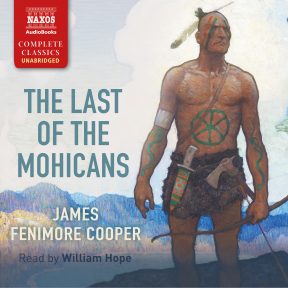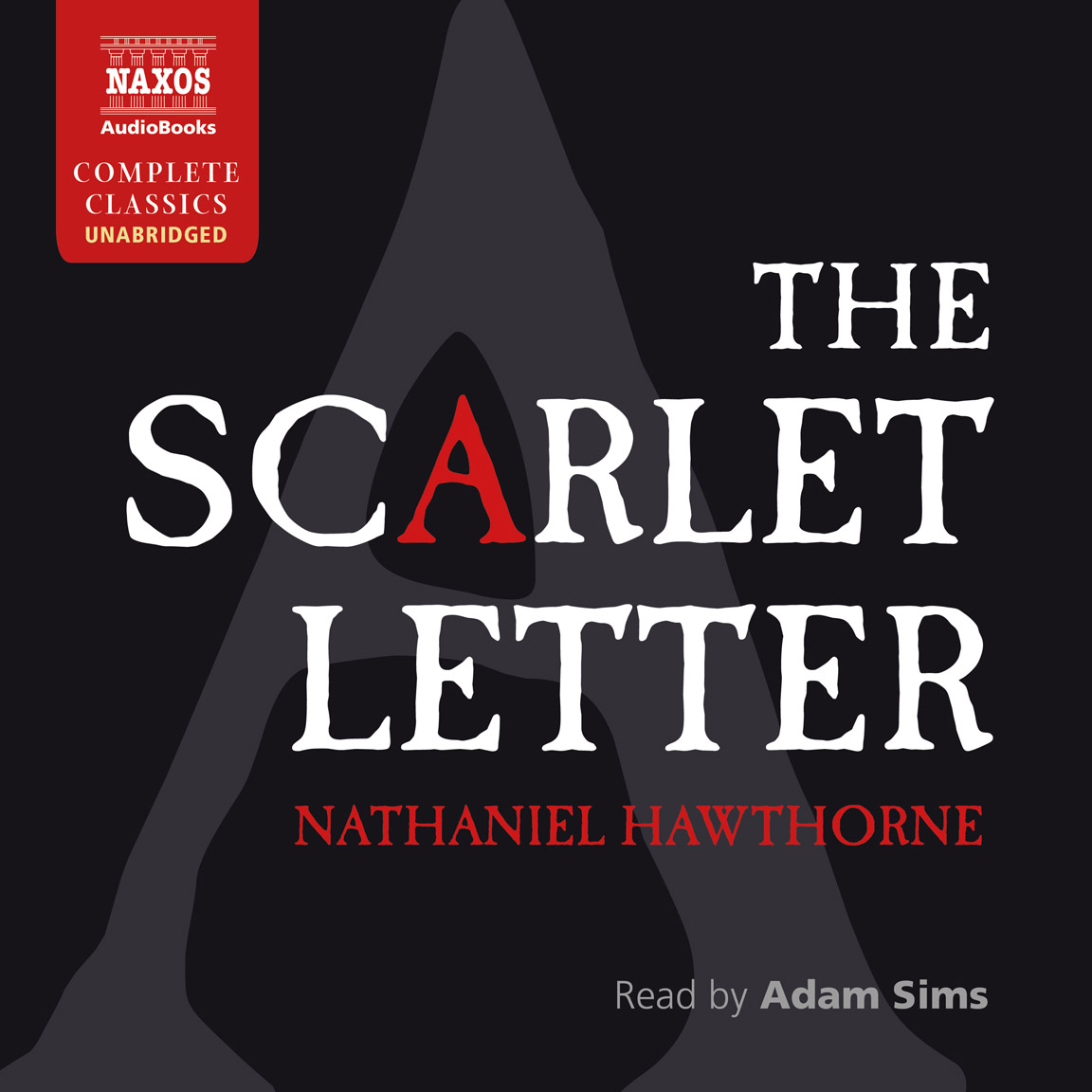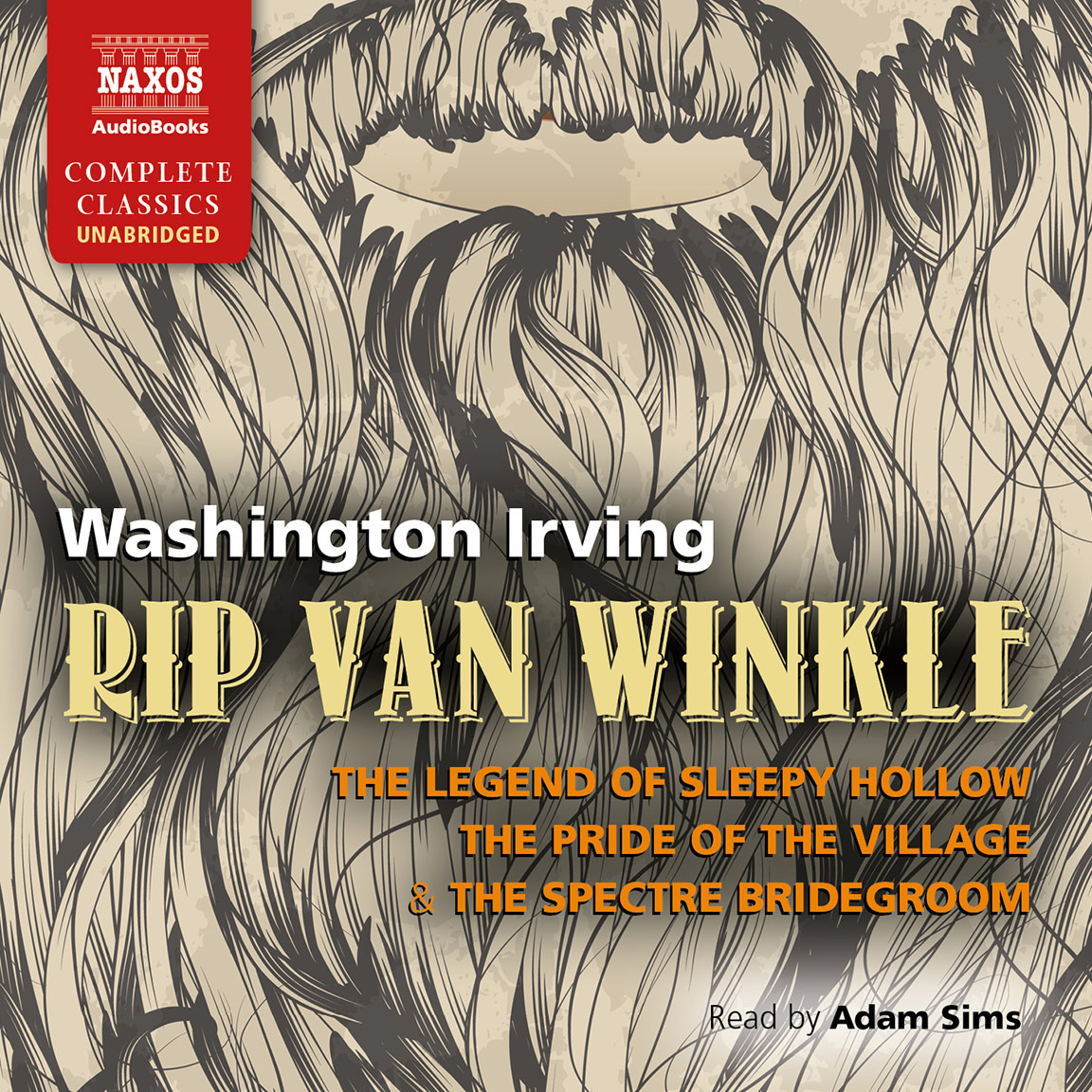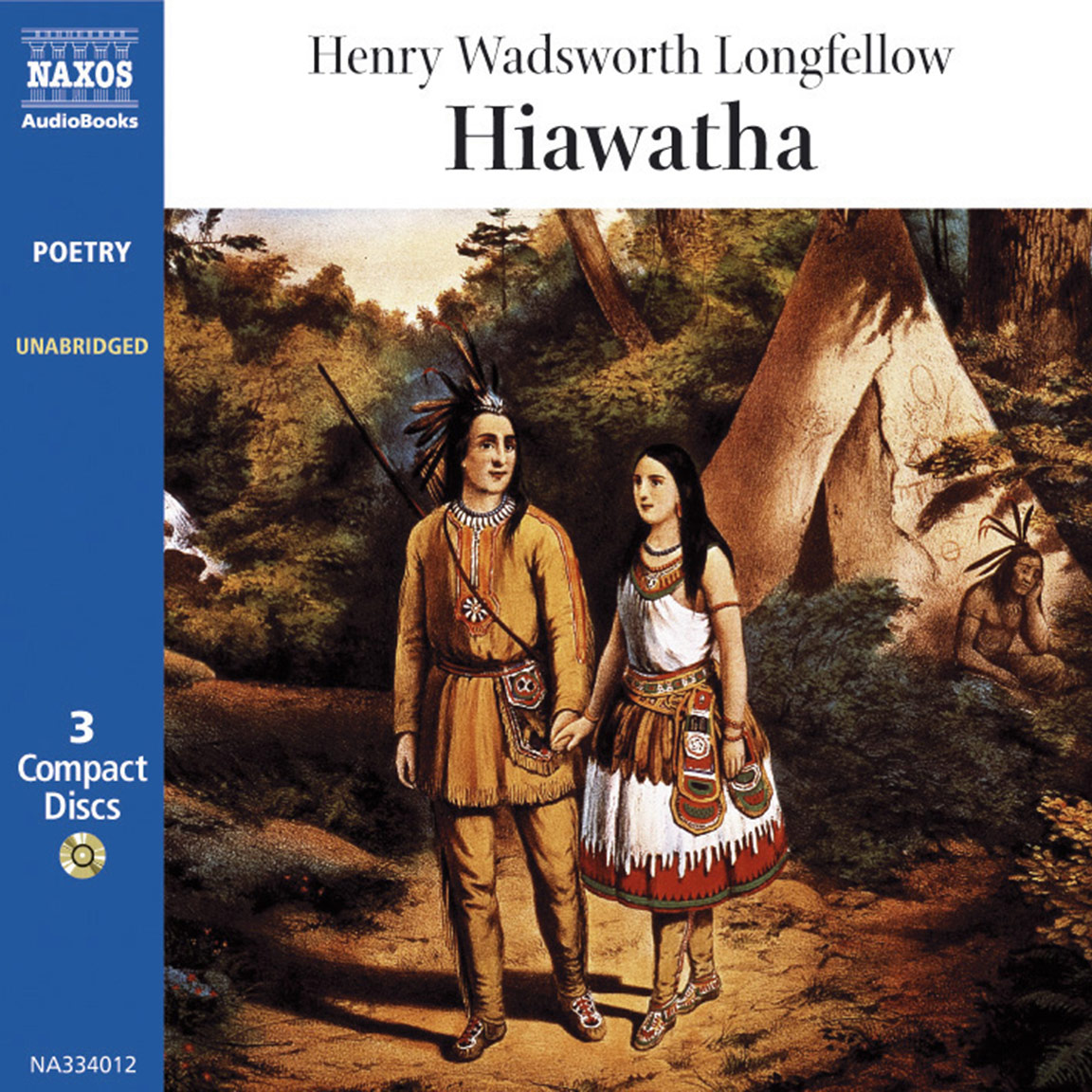
Audio Sample
James Fenimore Cooper
The Last of the Mohicans
Read by William Hope
unabridged
This famous novel deals with the early frontier period of American history and is set in 1757 during the Seven Years War between the French and the British. Intrepid frontiersman and scout Natty ‘Hawkeye’ Bumppo, has lived among Indians for most of his life, respecting their customs and acquiring the skills of an experienced woodsman. His closest companion Chingachgook, the Mohican chief, and his son Uncas are the last surviving members of the Mohican tribe. When the evil Magua threatens the life of an innocent English woman, Hawkeye and the Mohicans find themselves at the centre of a battle for honour and vengeance.
-
Running Time: 16 h 51 m
More product details
Digital ISBN: 978-1-78198-321-8 Cat. no.: NA0461 Produced by: John Foley Edited by: Sarah Butcher BISAC: FIC004000 BIC: FC Released: August 2020 -
Listen to this title at Audible.com↗Buy on CD at Downpour.com↗Listen to this title at the Naxos Spoken Word Library↗
Due to copyright, this title is not currently available in your region.
You May Also Enjoy
Booklet Notes
James Fenimore Cooper, considered to be the first important American novelist, was born in Burlington, New Jersey on 15 September, 1789. His father, Judge William Cooper, founded the frontier village of Cooperstown in the lake region of New York State, to which the family moved when James was a year old. He attended school at Albany, and at thirteen was sent to Yale, where he was the youngest member of his class. He was expelled in 1805 for his part in some prank, and joined the navy, in which he served as a midshipman. After the assassination of his father in 1809 by a political opponent, he resigned from the navy. In 1811 he married Susan Delancy, a descendant of one of the early governors of New York colony, and settled down in Scarsdale, where for a time he led the life of a country gentleman. An apocryphal story has it that Cooper, after throwing aside a novel his wife had been reading, said to her, ‘I could write you a better book than that myself’. She challenged him to make good his boast, thus setting him on his career as an author.
Cooper’s first novel was Precaution (1820), which had little success, but his next book, The Spy, published the following year, established his reputation. He went on to produce a total of fifty works during his lifetime. But it was with The Leatherstocking Tales that he consolidated his popularity, and it is chiefly for these stories that he is remembered today. They consist of The Pioneers (1823), The Last of the Mohicans (1826), The Prairie (1827), The Pathfinder (1840) and The Deerslayer (1841).
In 1826 Cooper and his family travelled to Europe where he spent the next seven years. Despite his duties as US Consul in Lyons, he continued to write, and in addition to novels, produced political works and books on travel. In 1833 he returned to America, and settled back in Cooperstown where he spent the remainder of his life.
The Last of the Mohicans was written during the author’s European stay, but the order in which the books appeared differs from the sequence of events related in the story. It starts with The Deerslayer (the last to be written), is taken up in The Last of the Mohicans, continues in The Pathfinder and The Pioneer, and reaches its conclusion in The Prairie. The narrative concerns the French, British and Indian battles for territorial supremacy in the early days of the new nation, and is filled with exciting adventures – skirmishes, attacks, ambushes, flights, pursuits and rescues.
In The Leatherstocking Tales Cooper created characters who achieved the status of mythic heroes in the popular imagination. First among these is the intrepid frontiersman and scout, Natty Bumppo, known as Hawkeye in The Last of the Mohicans. Although a European, Hawkeye has learned from the Indians all the woodsman’s skills. Cooper’s respect for the Indian way of life and for the dignity and wisdom of the native tribes set him apart from many of his European and Colonial contemporaries who had nothing but contempt for the American ‘savages’.
Hawkeye’s closest companion is the Mohican chief Chingachgook, and it is Chingachgook’s son Uncas who is the subject of the book’s title, the last surviving member of the Mohican tribe. Cooper sees them as children of nature skilled in the ways of the forest, and invests them with such noble characteristics as bravery, honour and loyalty. But not all Cooper’s Indians are heroes. In Magua he has created a cunning and sinister villain, a worthy opponent for Hawkeye, and the narrative contains incidents of Indian treachery and cowardice. Neither is betrayal confined to the Indian tribes – Montcalm, the commander of the French forces, fails to keep his word, as does the English General Webb, leaving Munro and his troops to take the consequences.
The European characters are helpless in the face of the wild terrain and native enemies. In the unfamiliar new world their European sophistication and learning is useless to them. The eccentric music master David’s psalm-singing is no protection from Indian arrows, although his innocence helps to save him in the end. Without the woodcraft skills of Hawkeye and his Indian companions, Duncan and his two charges, Cora and Alice, would have perished almost before their journey had begun.
In The Last of the Mohicans we sense Cooper’s closeness to the time, the place and the people about which he writes. His is the authentic voice of the early struggles of the American nation. His tales of the hardship and danger of frontier life were the first of their kind, and paved the way for the vast numbers of such stories which have appeared since. Our appetite for tales of adventure has not diminished in the one hundred and seventy odd years since these stories were written, and they continue to give as much pleasure today as they did when first published.
Notes by Neville Jason




